)
How Dalai Lama’s presence in Ladakh just can’t be a coincidence
FirstpostThe fact that the Dalai Lama will stay for a month in Ladakh is definitively a re-assertion of India’s policy vis-à-vis the Tibetan leader. On 24 April 1954, the Indian Ambassador to China, N Raghavan, who was himself conducting the talks, informed his Foreign Secretary in Delhi that at the suggestion of Zhang Hanfu, the Chinese deputy foreign minister, the plenary sessions on the previous day had been cancelled: “He and I carried on informal discussions between 12:00 and 13:00 hours and 19:00 to 23:15 hours.” Raghavan explained that it was ‘royal fight’ from beginning to end: “Zhang took a very recalcitrant attitude but finally gave in on most points,” except for Demchok. The prime minister’s birthday call With regard to the one-month visit of the Tibetan leader to Leh, the spokesperson of the Ministry of Foreign Affairs of China has so far kept quiet, but Zhao Lijian earlier protested about the Prime Minister’s phone call to the Dalai Lama: “The Indian side also needs to fully understand the anti-China and separatist nature of the 14th Dalai Lama. The new policy would not only reject as “historically false” China’s claim that Tibet has been part of China since ancient times, but also “make clear that Tibet includes not only the so-called Tibet Autonomous Region of China but also Tibetan areas of Gansu, Sichuan, Qinghai and Yunnan provinces.” It has serious implications for the Tibet-India border too.
History of this topic
)
India reaffirms support for Dalai Lama amid US Congressional visit
Firstpost
Why has a visit by US lawmakers to India annoyed China? EXPLAINED
India TV News
Dalai Lama says his thought process is Indian as he's a follower of Nalanda tradition of Buddhism
New Indian Express)
In Tibet, there is a lot of control, but in India we have freedom, says Dalai Lama
Firstpost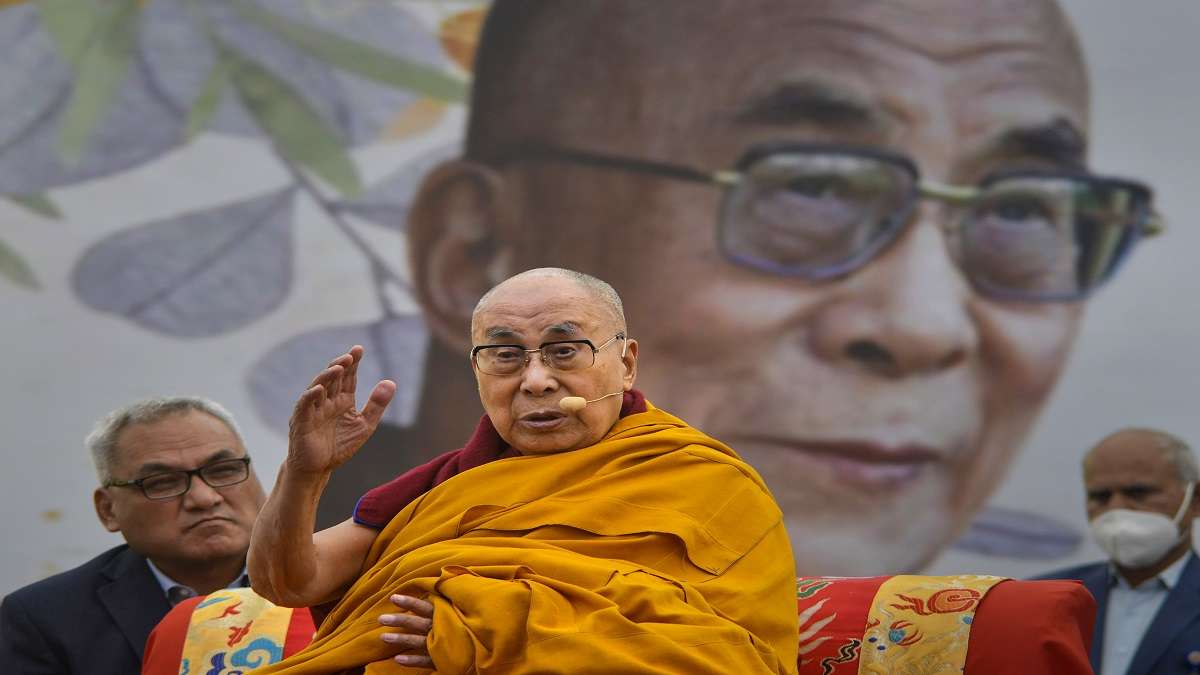
Dalai Lama, Tibetan spiritual leader, to visit Sikkim in October for five days
India TV News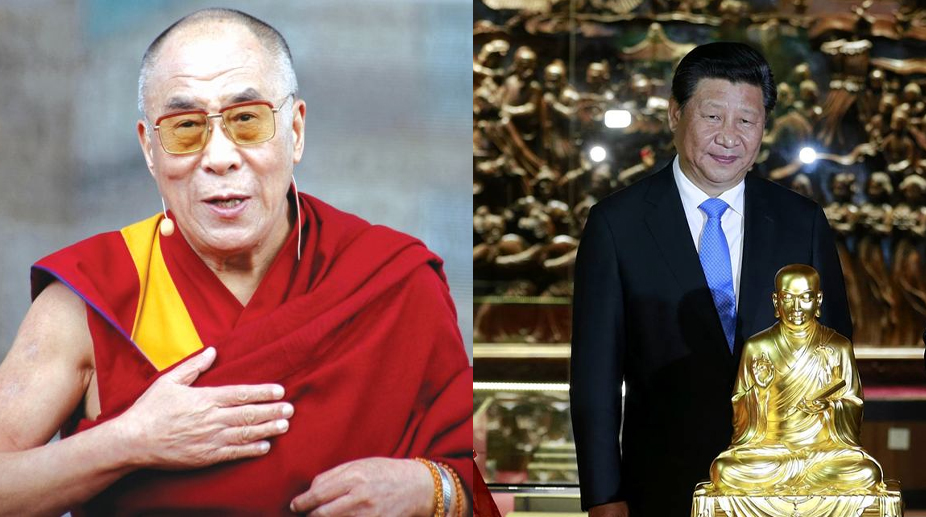
Dalai Lama says he is open to talks with China over problems of Tibetans
Op India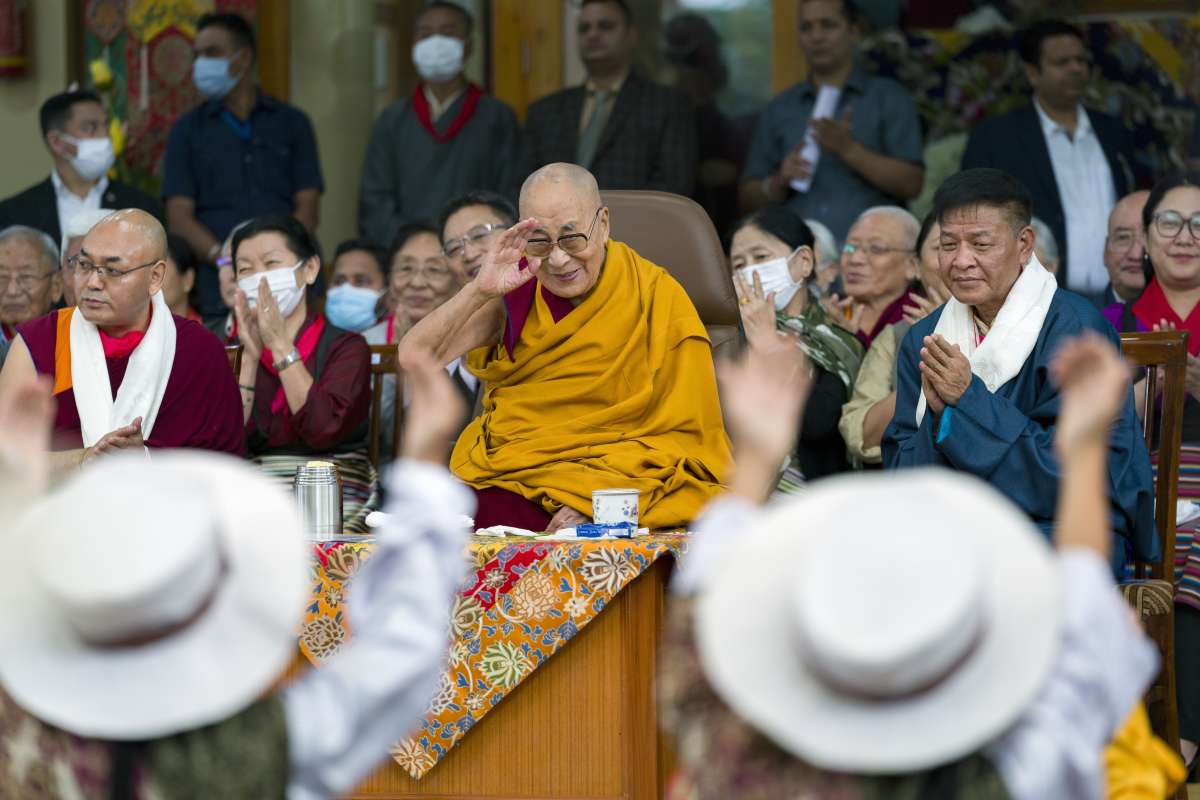
'Now China is also changing,' says spiritual leader Dalai Lama
India TV News
Modi conveys wishes to Dalai Lama on his 88th birthday
Deccan ChronicleThe Dalai Lama, Tibetan spiritual leader, celebrates 88th birthday
Associated Press
India Needs to Contribute Significantly to the Cause of the Tibetan People, Says Law Minister Rijiju
News 18
China's Latest Interference: Blocking The Dalai Lama's Visit to Sri Lanka
News 18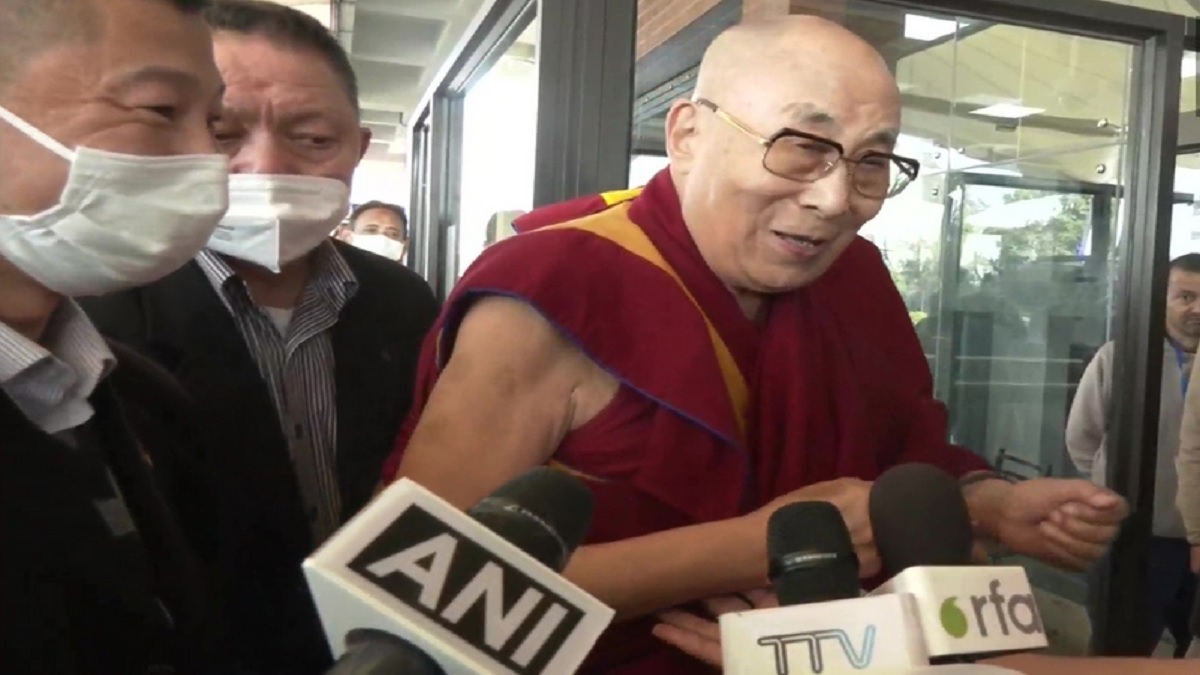
No point in returning to China, I prefer India, says Dalai Lama after Tawang border face-off
India TV News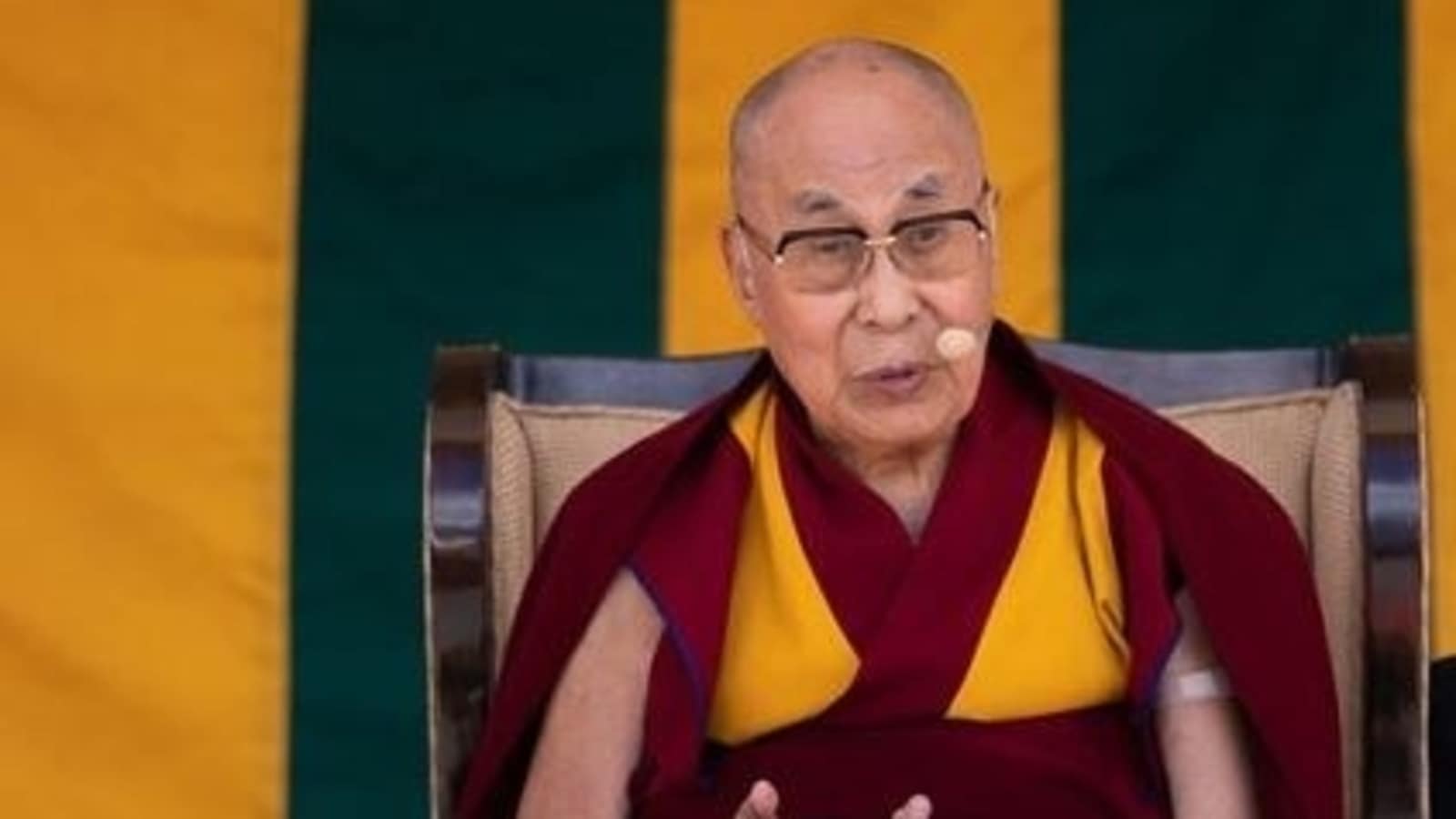
‘If I die surrounded by Chinese officials…’: Dalai Lama slams Beijing
Hindustan Times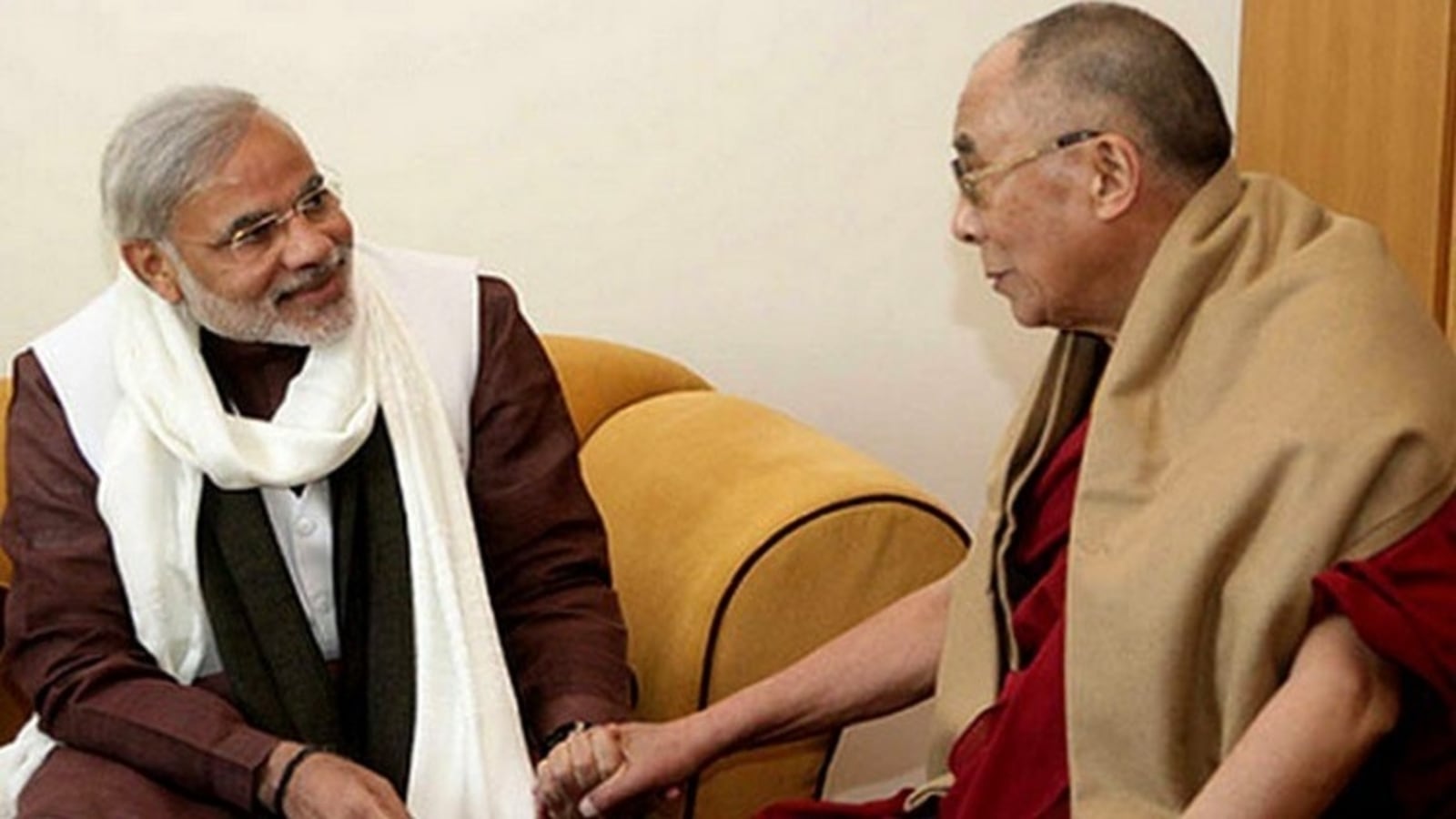
On PM Modi's birthday, Dalai Lama hails India's Covid fight, economic strides
Hindustan Times
Tibetan spiritual leader Dalai Lama set to visit Delhi today after a gap of 3-years
India TV News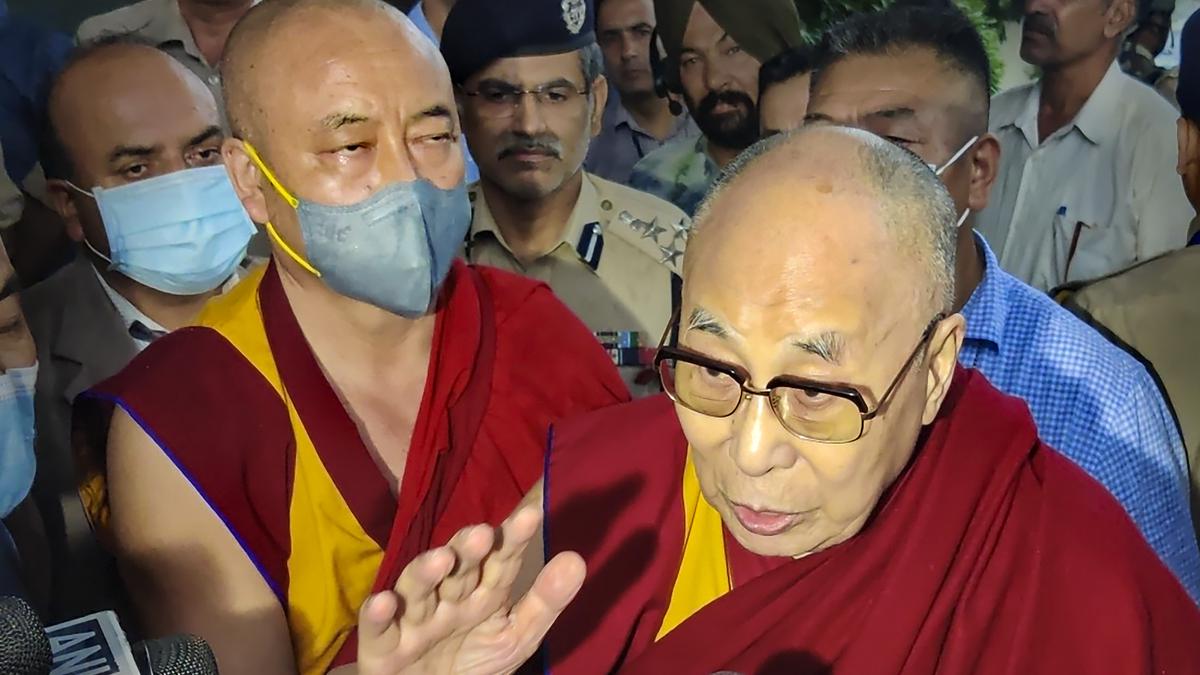
Dalai Lama’s Ladakh tour ‘completely religious’, says government functionary
The Hindu
Dalai Lama says seeking ‘meaningful autonomy’ from China ahead of Ladakh visit
Live Mint
In Message to China, PM Modi Extends B'day Wishes to Dalai Lama, BJP Brass Takes Part in Celebrations
News 18
Dalai Lama marks 87th birthday by opening library and museum
The Independent
PM Modi greets Dalai Lama on Tibetan spiritual leader’s 87th birthday
Hindustan Times
Dalai Lama marks his 87th birthday by opening a library and museum
LA TimesPM Modi greets Dalai Lama on his 86th birthday
The Hindu
India’s Modi greets Dalai Lama on birthday in rare phone call
Al JazeeraDiscover Related


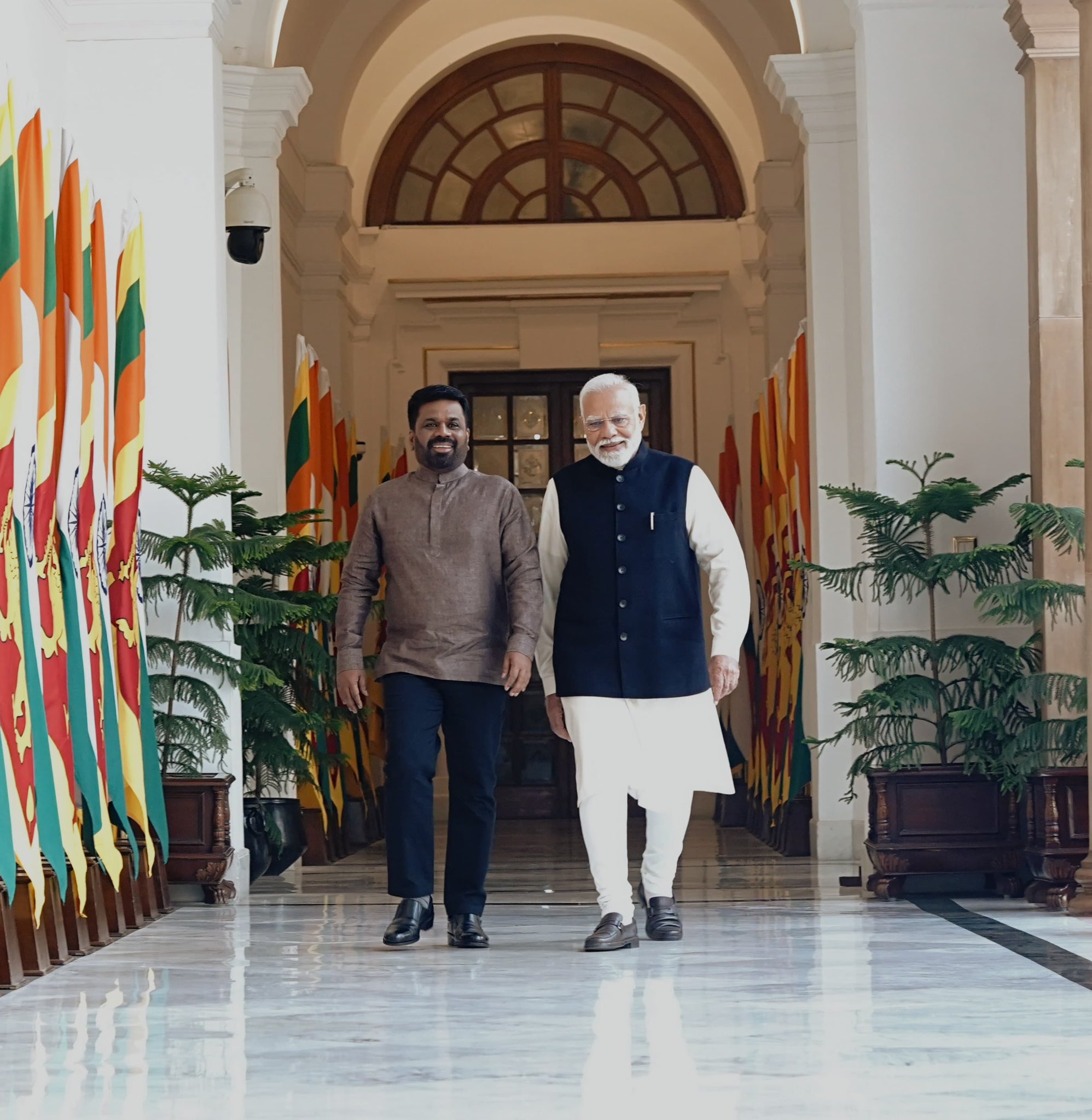

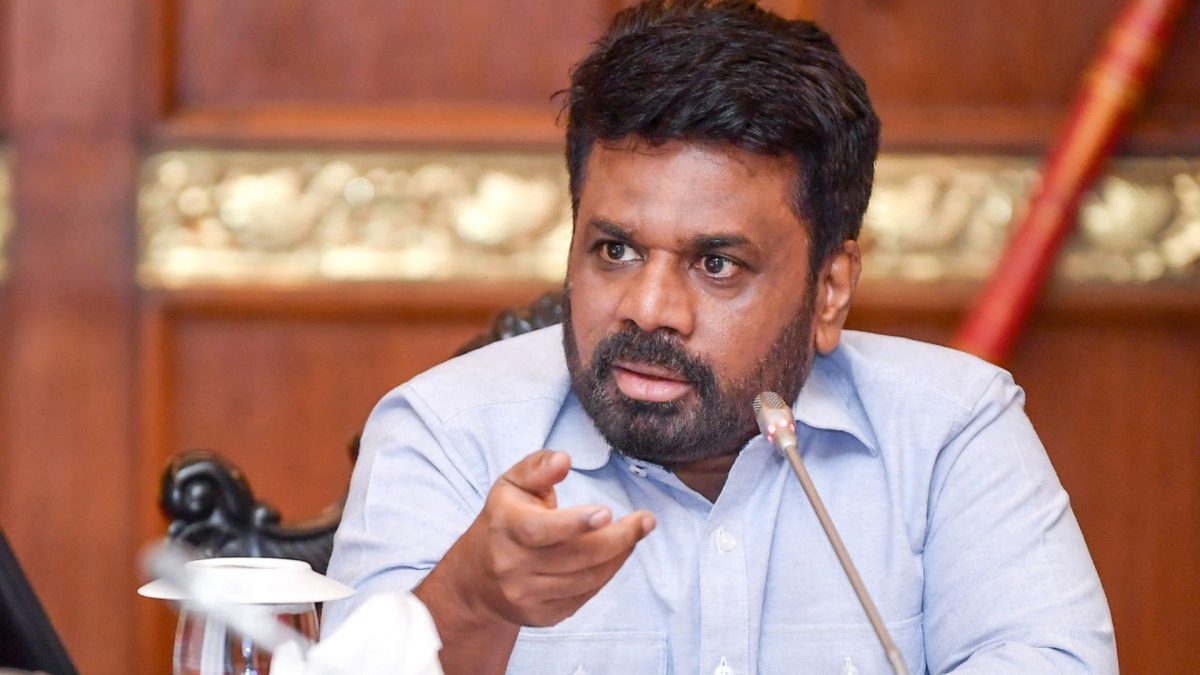)







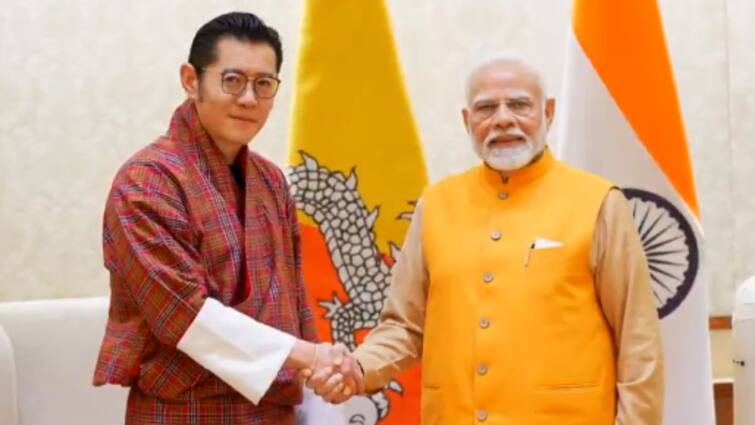
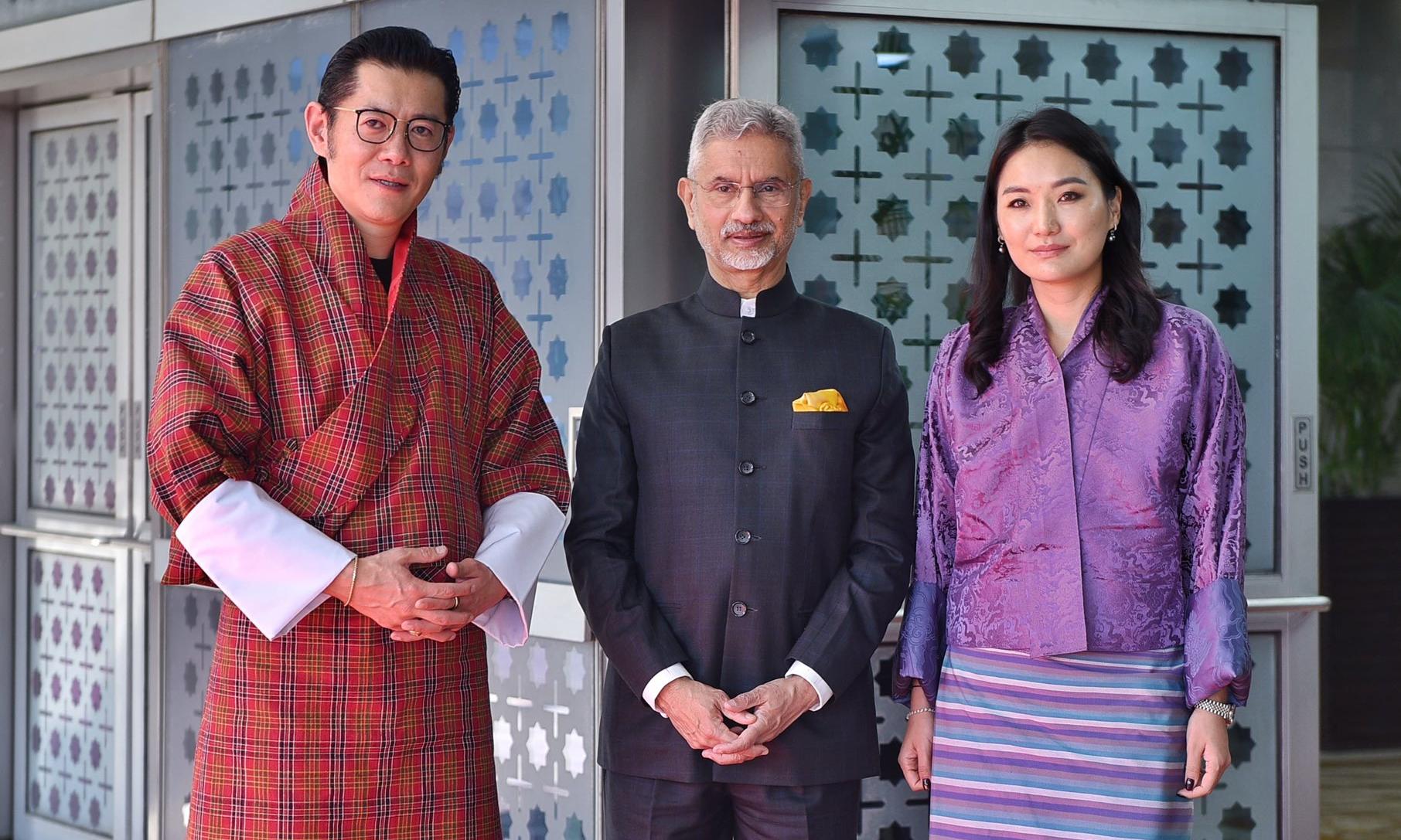

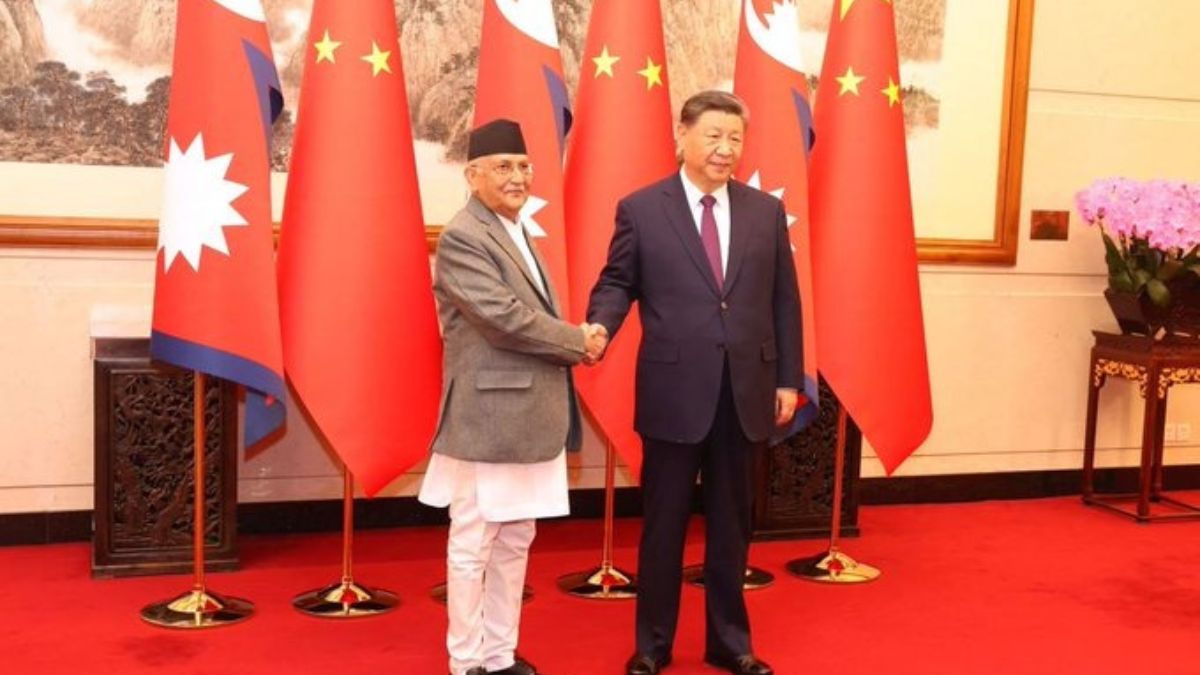)
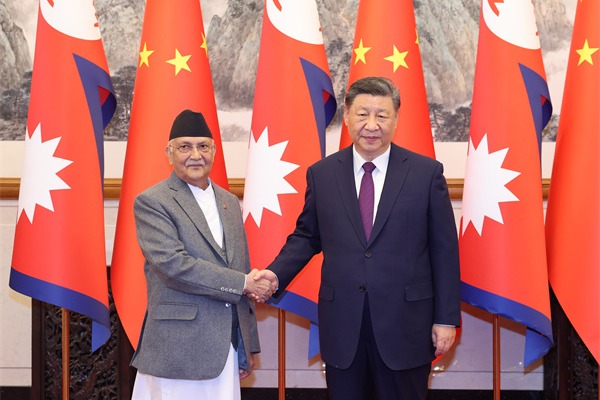

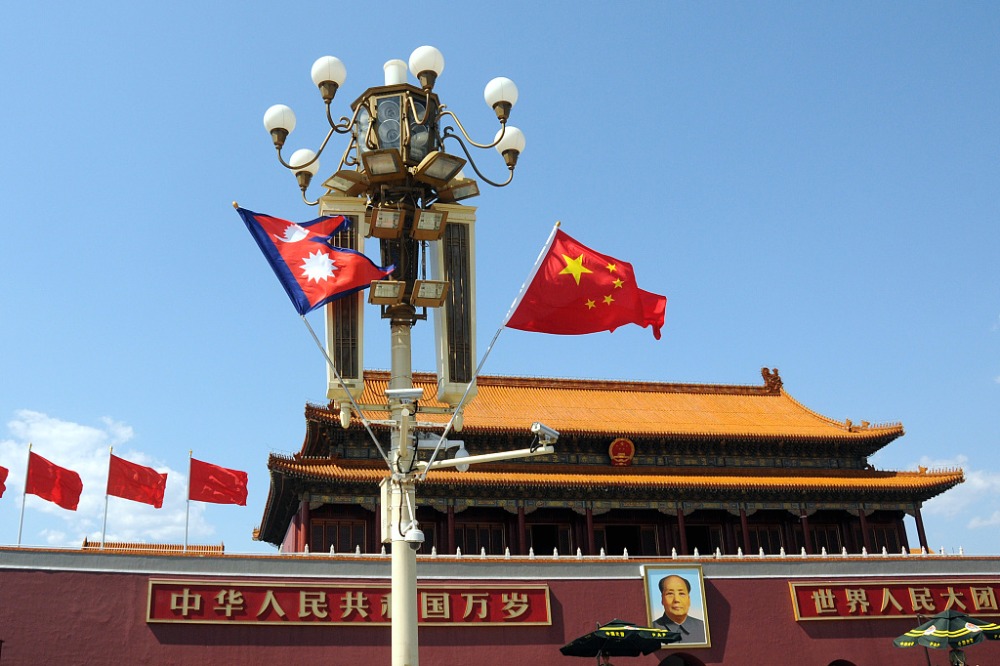
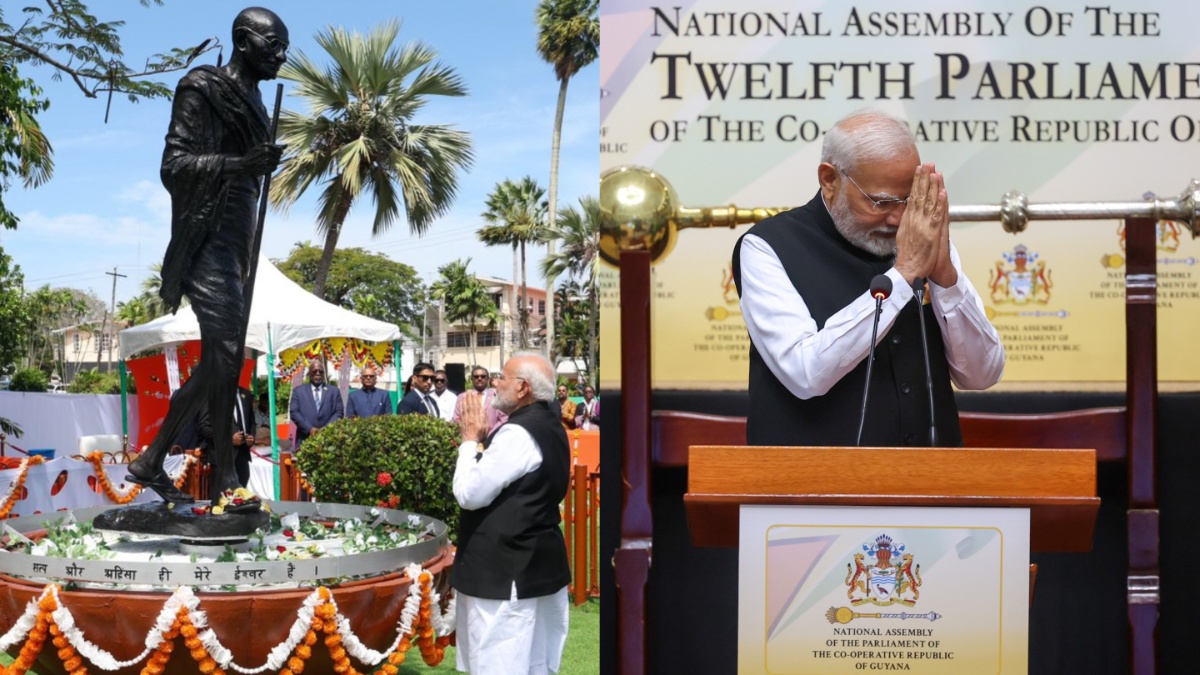











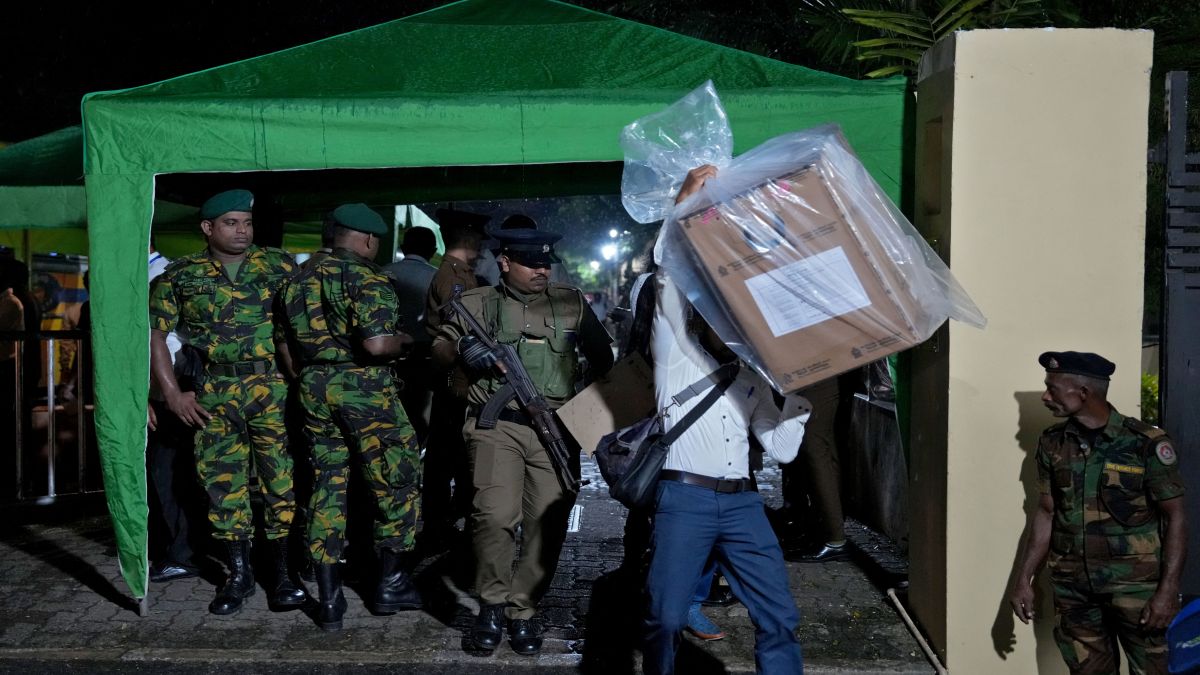)


)

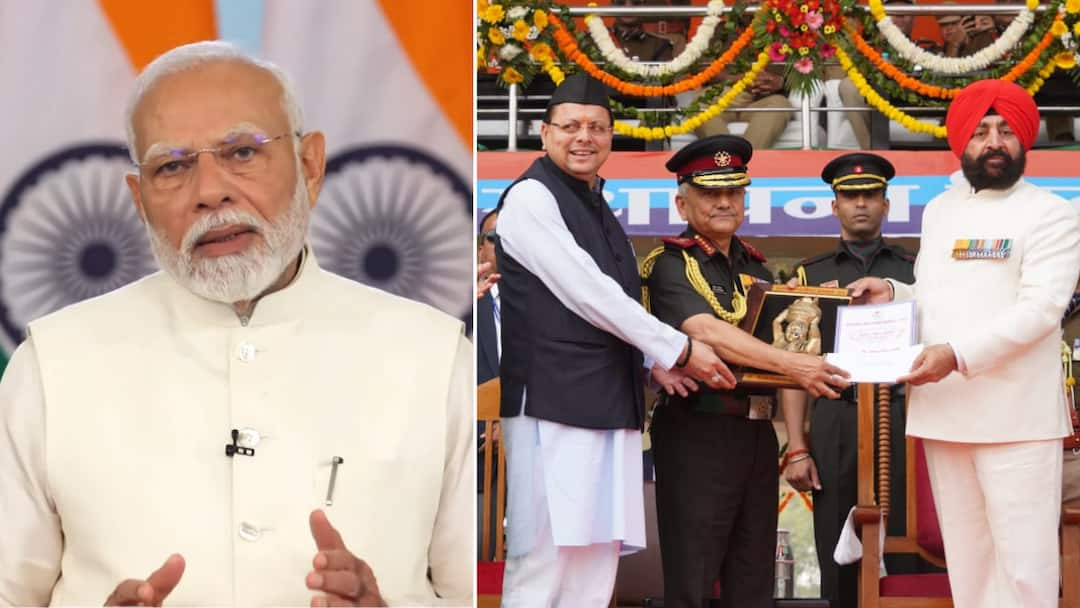

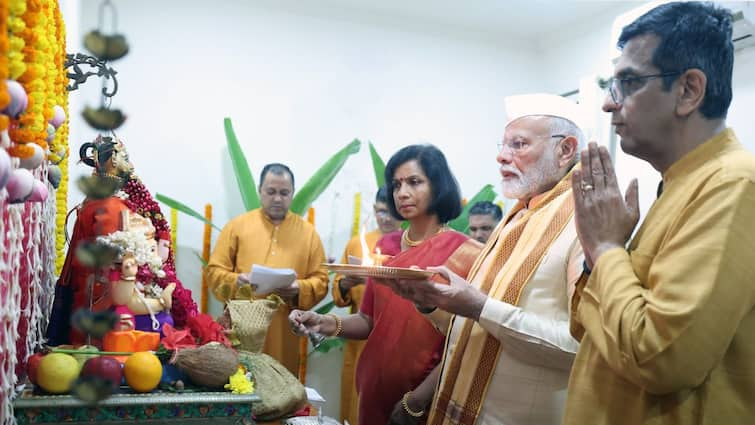
CJI D.Y. Chandrachud Defends PM Modi's Ganpati Puja Visit: 'Absolutely Nothing Wrong As These Are'
ABP News

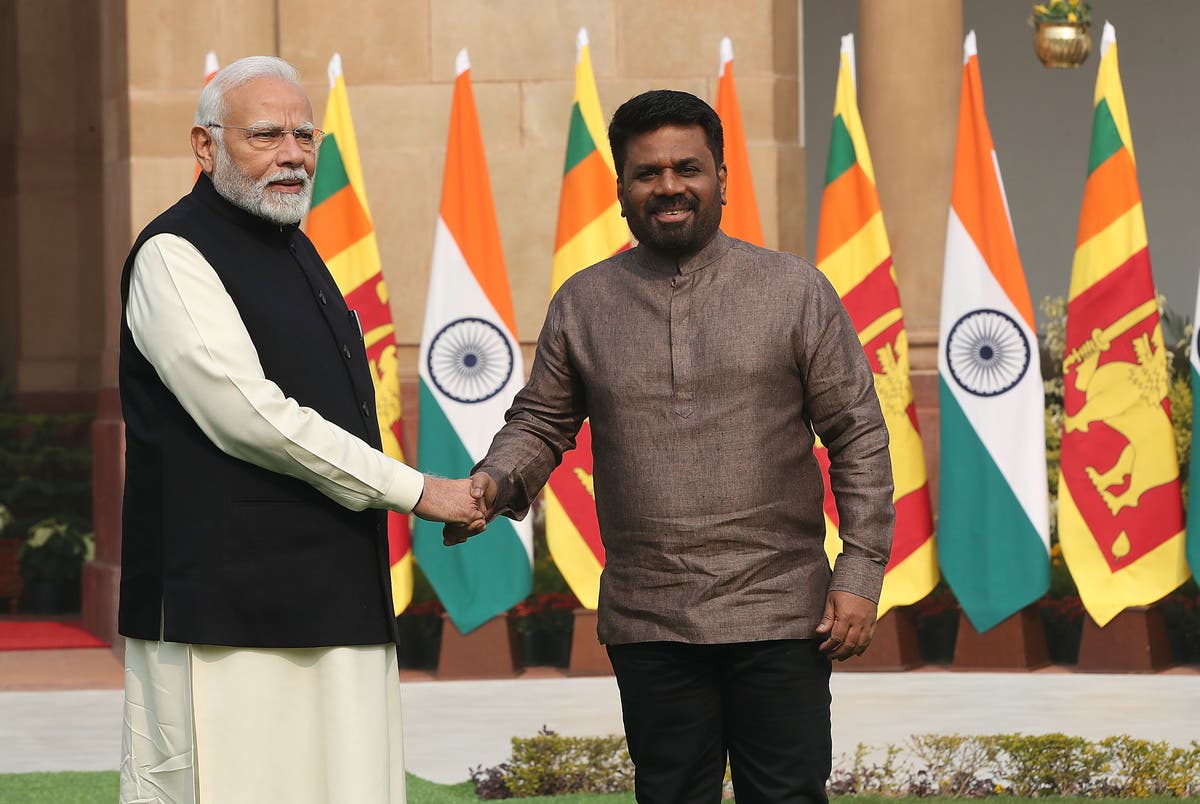



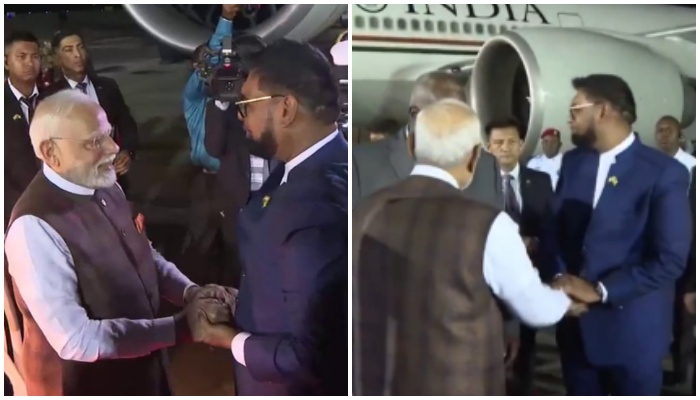
)